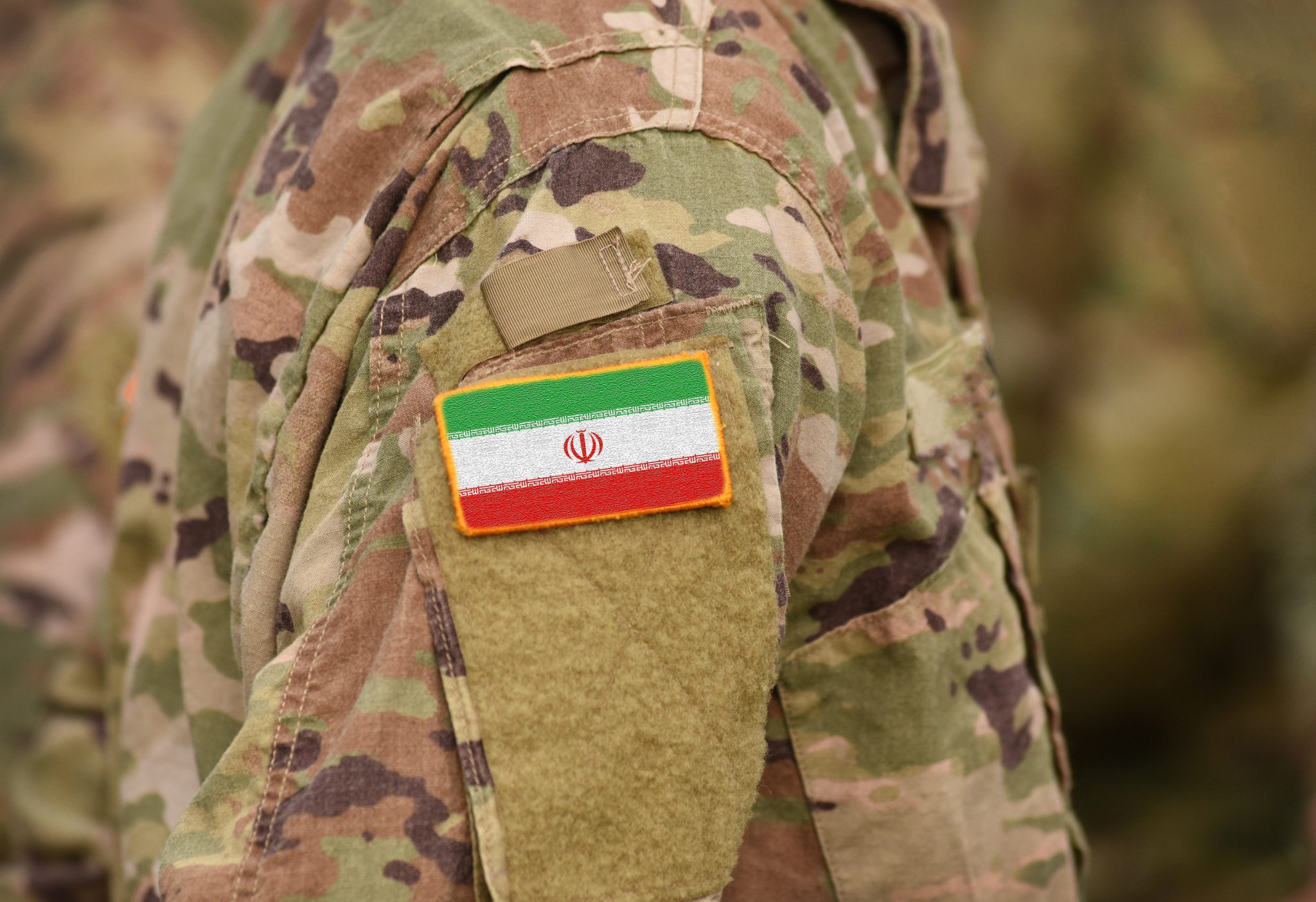The killing of Mohsen Fakhrizadeh, a top nuclear scientist, will complicate the incoming Biden administration’s efforts to renew the nuclear deal—and could lead to escalation.
Last Friday, Iran announced that an important player in its security apparatus had been killed. The target of the attack was Mohsen Fakhrizadeh, a key architect of the country’s nuclear weapons program known as Project Amad that ended in 2003 (though elements of it continued for a few years after). Fakhrizadeh’s death marks the second time this year that a foreign adversary successfully targeted and killed a major Iranian figure: In January, the United States killed Qassem Suleimani, the commander of the Islamic Revolutionary Guard Corps (IRGC) Quds Force—the unit responsible for designing and implementing much of the country’s proxy strategy.
Unlike Suleimani, Fakhrizadeh was not a household name in Iran, much less outside of the country. In fact, until recently, very few photos of Fakhrizadeh had been made public. However, the two men were similar in that they were both senior officers in the IRGC and instrumental to key projects undertaken by the regime. Suleimani expanded and institutionalized Iran’s network of nonstate allies and partners that has underpinned its regional strategy, while Fakhrizadeh helped develop the country’s nuclear capabilities. Their deaths are symbolic and important blows to Iran, and highlight the country’s vulnerability.


